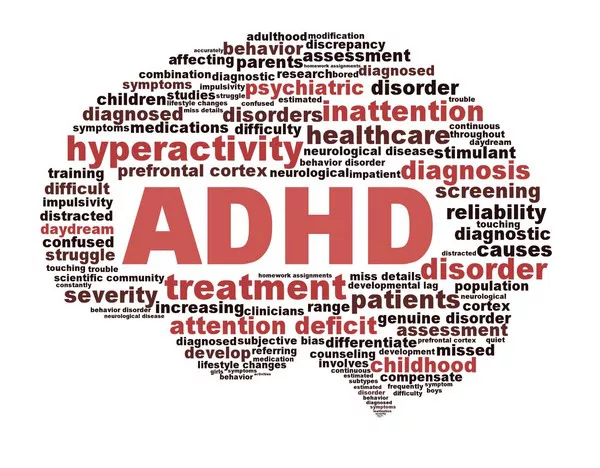A recent study published in the European Heart Journal: Acute Cardiovascular Care has raised concerns about the mental health impacts of beta-blockers in patients recovering from myocardial infarction (MI), commonly known as a heart attack. The research suggests that while these medications are vital for preventing adverse cardiac outcomes, they may also contribute to elevated symptoms of depression in patients with preserved left ventricular function.
Beta-blockers have long been prescribed to reduce the risk of complications following a heart attack. They work by decreasing myocardial oxygen demand and preventing cardiac remodeling and arrhythmias. However, these medications can also lead to side effects such as bradycardia, hypotension, fatigue, and exercise intolerance, alongside potential mental health issues, including anxiety and depression. Recent trials have produced mixed results regarding the cardiovascular benefits of beta-blockers in patients with preserved left ventricular function, highlighting the need for further exploration of their psychological effects.
The study is a pre-specified quality of life sub-study from the REDUCE-AMI trial, which involved a randomized evaluation of beta-blocker use across 45 centers in Estonia, Sweden, and New Zealand. The trial specifically examined the effects of beta-blockers on anxiety and depression in MI patients with preserved left ventricular function.
Participants in the study were aged 18 and older, had confirmed obstructive coronary artery disease, and a left ventricular ejection fraction of 50% or higher. They were assessed for anxiety and depression at three intervals: baseline, 6-10 weeks, and 12-14 months after the MI. Self-reported questionnaires measured psychological well-being, physical activity, and medication adherence.
From August 2018 to June 2022, 1,617 participants were enrolled in the REDUCE-AMI trial, with 806 joining the quality of life sub-study. The cohort was predominantly male (77%) with an average age of 64.7 years. Follow-up assessments revealed that 682 participants (85%) completed the first follow-up and 657 (82%) completed the second.
The analysis indicated that participants assigned to beta-blockers reported higher levels of depressive symptoms at both follow-up points compared to those not on the medication, though no significant changes in anxiety levels were observed. Notably, the increase in depressive symptoms was more pronounced among patients who had not previously used beta-blockers, suggesting a potential cumulative effect in those already on the medication.
Sensitivity analyses confirmed these findings, indicating that the observed increases in depressive symptoms remained consistent across various analytical approaches. However, differences in anxiety and depression symptoms between the two groups were not significant when baseline values were excluded from adjustments.
Conclusions
The study concludes that MI patients with preserved left ventricular function who are prescribed beta-blockers may experience slightly higher depressive symptoms in the short and long term, although these effects did not reach clinically significant levels. The research highlights the importance of considering mental health when prescribing beta-blockers, as the medications could influence neurotransmitter activity and reduce engagement in enjoyable activities. These findings underscore the need for healthcare providers to monitor mental health outcomes in patients undergoing treatment with beta-blockers following a myocardial infarction.
Related Topics:


